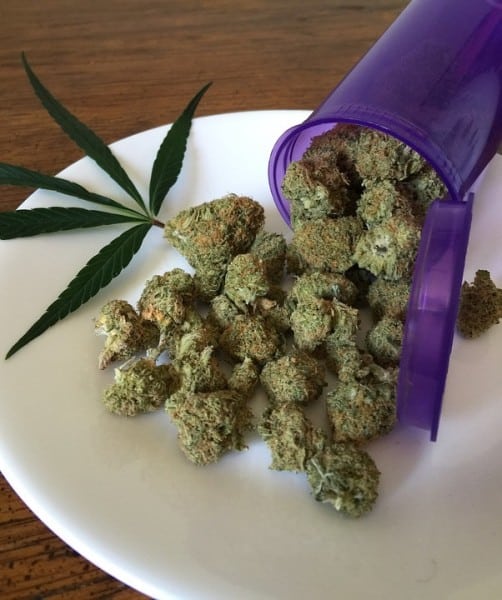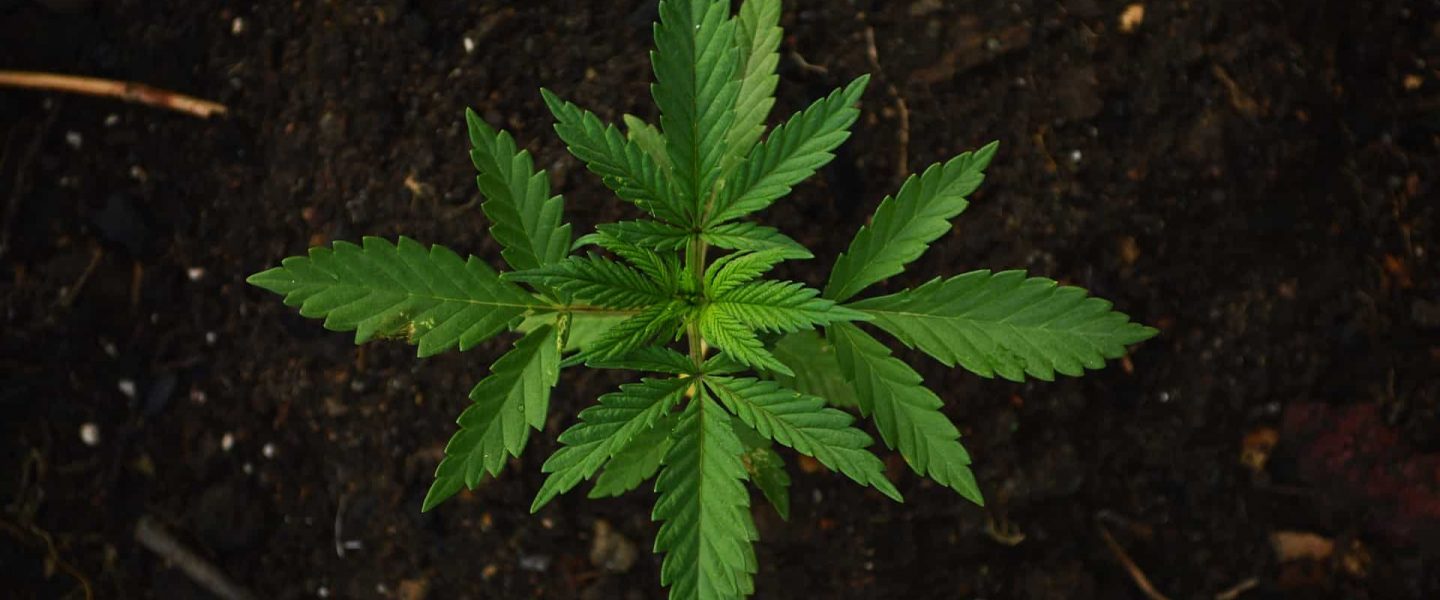
5 Common Side Effects of Medical Marijuana
Medical marijuana is often advertised as a side effect-free alternative to the sometimes harsh pharmaceuticals prescribed by a doctor. While it is a natural drug, it affects every person differently, and some side effects may occur. Before we start, it’s important to note that everyone’s endocannabinoid system is different — you and a friend might use the same strain in the same way and have totally different reactions, or you may experience no side effects from one strain and many from another.
While the side effects of marijuana are generally far less severe than those from pharmaceuticals, they do exist. This is less about how you need to deal with the side effects of marijuana and more about how it might affect you so you can be prepared.
Hunger
The THC in marijuana is known for its ability to increase appetite and decrease nausea, which is why it’s used to treat individuals with HIV/AIDS and those undergoing chemotherapy and other cancer treatments. If you find yourself excessively hungry while using medical marijuana, though, you might become worried about starting to pack on the pounds
To manage your hunger, make sure you stock up on healthy, low-calorie snacks. Skip the junk food — you end up eating a ton of empty calories and chances are you’ll end up feeling like crap afterward. Fruits, vegetables, green juices and high-protein snacks like beef jerky and various nuts are ideal for dealing with those munchies.
Keep in mind that you will be hungry, no matter what you do — just be prepared with healthy alternatives. This isn’t a bad thing — it’s actually one of the reasons a lot of people use medical marijuana. Either they don’t get hungry naturally, or they are using other medications that cause nausea or suppress hunger.
Dry Mouth/Excessive Thirst
One of the most common side effects reported, especially when smoking, is dry mouth. This could be caused by a few different things — the fact that you’re not drinking enough water can leave you feeling a little bit dry. Other medications that you’re taking, chronic conditions like diabetes and lupus, and even anxiety and depression can all cause dry mouth.
The best way to try to treat your dry mouth is to start by drinking more water during the day. It’s easy to become dehydrated without even knowing it. If that doesn’t help, try changing up your diet — specifically, your spices. Many spices, such as anise and fennel seeds, are known to stimulate saliva flow, relieve bad breath and help to treat dry mouth.
Drowsiness and/or Insomnia
This isn’t always a bad thing, especially if you’re having trouble sleeping. Indica strains have a naturally calming effect for most people, which is why they’re so popular as a treatment for insomnia. If you’re feeling drowsy during the day when you need to be alert, consider switching to a sativa strain, which is known for its energizing properties.
Another trick is to use a fresher sample of marijuana. As the THC in marijuana ages, it begins to degrade, and this creates an effective natural sedative known as cannabinol. If you need to stay awake, make sure your cannabis is fresh.
On the opposite side of the coin, higher THC strains can cause insomnia or make it harder for you to fall asleep. If you find yourself fatigued during the day and need an extra boost of energy, a sativa strain could help provide that energy you’re looking for. If you’re smoking a sativa strain and can’t sleep at night, consider switching to a mellower indica strain to help stave off that insomnia.
This is one of the reasons that medical marijuana research is so important. Right now, because of the heavy restrictions on marijuana studies, researchers in the United States are restricted to cannabis grown in a single lab — and it’s often moldy, weak and doesn’t allow them to conduct proper research. This doesn’t give them the opportunity to study the effects of the different strains of marijuana, or how they can affect people.
Red Eyes
This seems to be one of the most iconic side effects of medical marijuana — red and irritated eyes. There isn’t a lot you can do about these red eyes — the THC in the marijuana causes your blood vessels to dilate, including the vessels in your eyes. That’s what makes it such an effective treatment for glaucoma, since it also lowers intraocular pressure.
You can try using eye drops designed to help with redness and irritation, but that may only be effective if your eyes are irritated rather than just red — some people react more strongly to marijuana than others. Staying hydrated may minimize the redness, but your best bet is going to be just to ride it out.
Anxiety
This is a tricky side effect. For some people, cannabis is an effective treatment for anxiety. For others, it causes anxious feelings or makes their anxiety worse. The difference lies in the levels of THC and CBD in each marijuana strain.
Strains with high levels of CBD and low or negligible levels of THC have been shown to be effective in treating anxiety. On the other hand, high THC strains can cause anxiety, even in people who aren’t particularly prone to anxious feelings. If your strain of medical marijuana is causing anxiety, don’t head to the psychiatrist — instead, try one with a lower level of THC to see if that helps mitigate the effects.
The side effects of medical marijuana are often mild and don’t always affect everyone. You may experience one or two side effects, or you may not experience anything other than red eyes and the munchies that are so often associated with marijuana use.
If you’re concerned about any side effects you might be experiencing, please talk to your doctor. While medical marijuana is still considered a schedule 1 drug and doctors aren’t allowed to prescribe it directly, they should always be your first source of information if you’ve got any concerns.
You may not experience any of these side effects, but if you do at least you’ll be prepared — and the benefits of medical marijuana usually greatly outweigh any side effects that may occur.
Author Bio:Jennifer Landis is a mom and wife with a fierce love for peanut butter, naps, and boy bands. She practices yoga regularly even though her husband doesn’t think it counts as exercise. She is the editor and creative mastermind behindMindfulness Mama.







